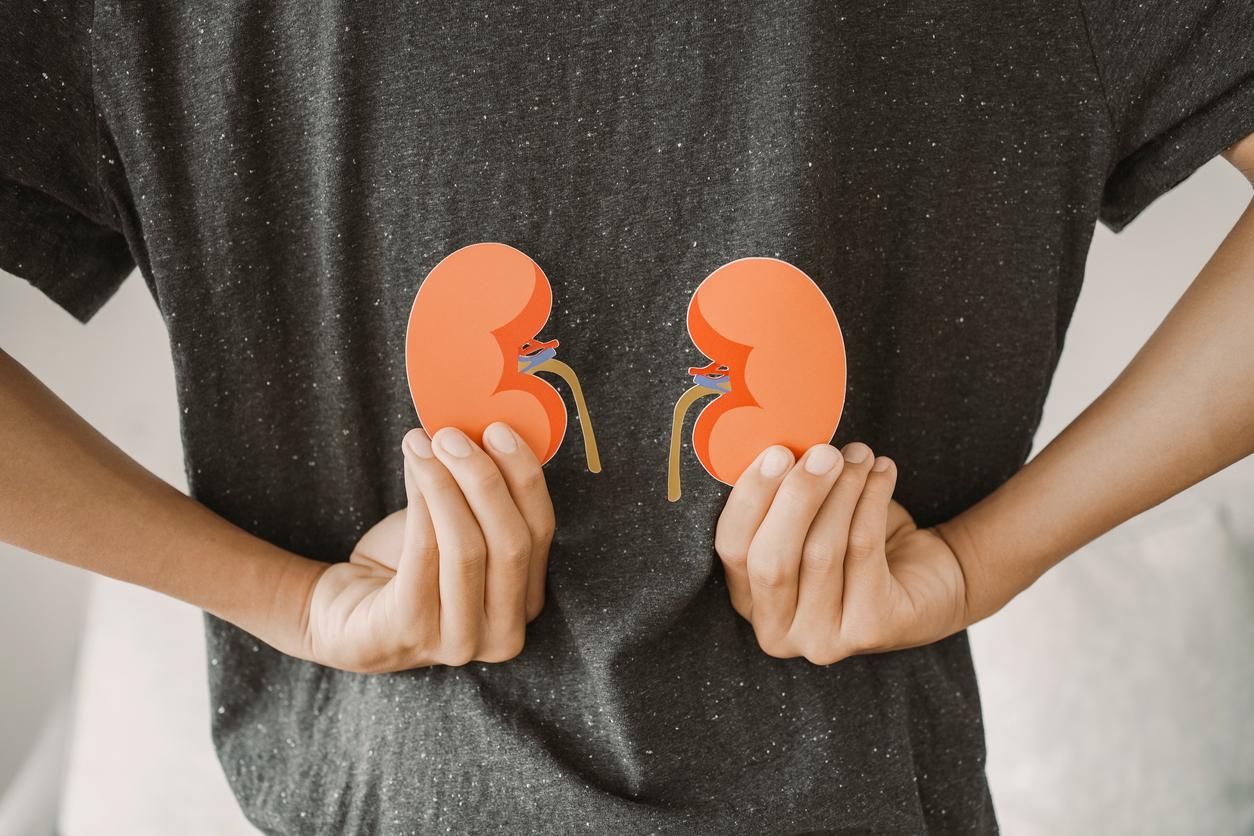Donate your kidney while alive to save lives? The Biomedicine Agency recalls that this operation is increasingly performed for patients awaiting a kidney transplant but remains insufficiently known. “In view of its benefits for the patient and the good health of donors after donation, this type of transplant needs to be developed in order to meet the growing demand from people with end-stage renal disease,” insists the Agency.
Donate your kidney while alive and save lives
For terminally ill patientsrenal failure chronic, the kidney transplant remains the most effective therapeutic solution to ensure their life expectancy and the least painful. Indeed, the dialysis, another possible treatment, is a more restrictive protocol, where patients can be mobilized 3 days a week in a dialysis center for 4 hours a week.
In this medical situation, if a loved one can offer a kidney to the patient, he avoids dialysis by having access to the transplant in a shorter time and getting a graft that works well and for a long time. “About 3/4 of the grafts taken from a living donor are still functional 10 years after the transplant”, recalls the Agency.
“The recovery of renal function is faster than with a transplant from a deceased donor, which makes it possible to shorten the length of hospital stay in the majority of cases” Dr Dominique Bertrand-nephrologist at the Rouen University Hospital.
Limited risks for the donor
Living donors do not put their health or their lives at risk. In good health, and followed throughout the course, they will not take any risks other than that linked to any medico-surgical act, namely anesthesia, the surgical operation and the immediate or distant operative consequences. But, “this risk is controlled thanks to the complete health check-up to confirm the donor’s excellent health and ultimately the possibility of donation. The anesthesia consultation prior to the operation is also a mandatory step in order to take all the necessary precautions and inform the donor, ”recalls the Agency.
“The donor is a healthy person and should stay that way! Monitoring should not be neglected! »Declares Professor Guy Touchard from the Poitiers University Hospital.
Read also:
Kidney transplant: discovery of one of the causes of rejection
Infographic: get to know your kidneys
Organ donation: more transplants, but still more requests













-1730888646.jpg)


